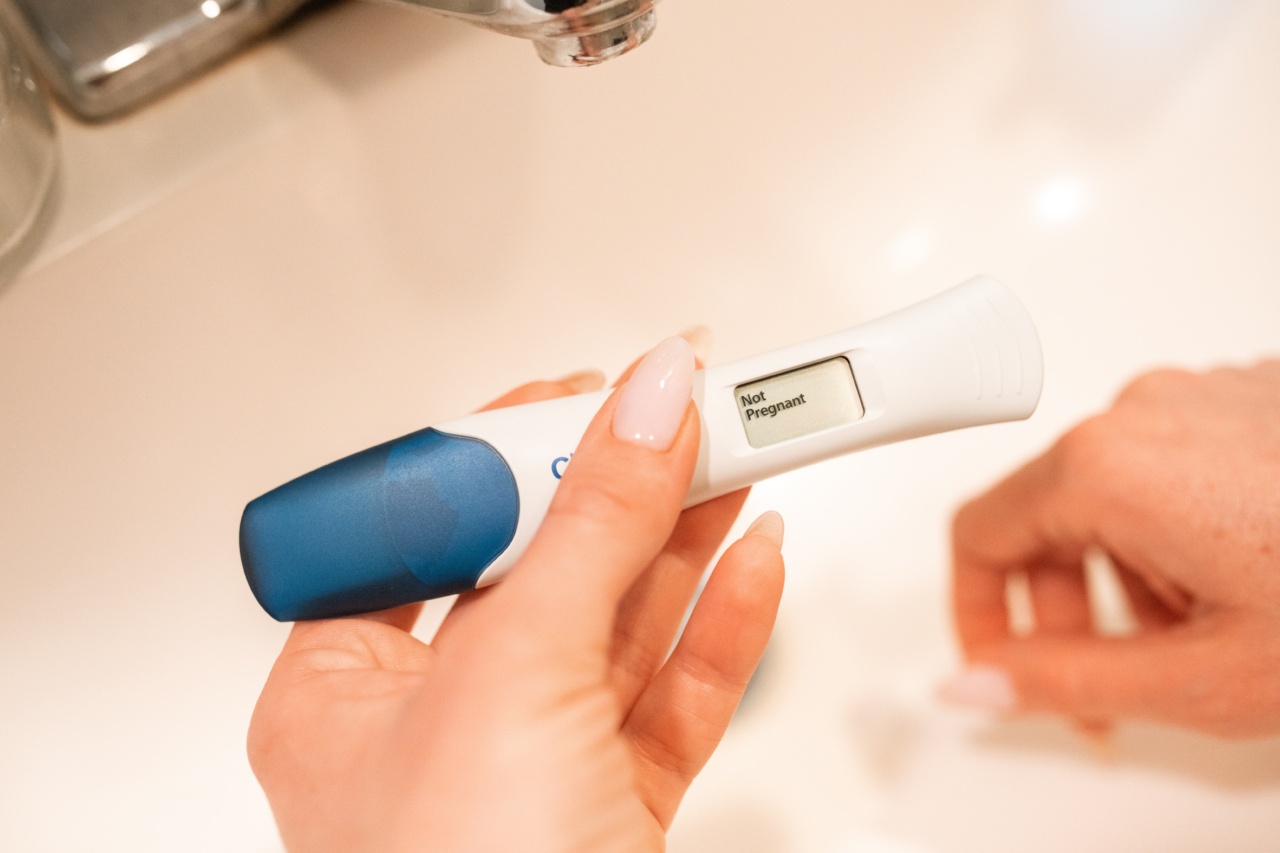Blood pressure is an essential indicator of cardiovascular health. The heart pumps blood throughout the body, and the force exerted on the walls of blood vessels as blood flows through them is what we call blood pressure.
Maintaining optimal blood pressure is crucial, as high blood pressure (hypertension) can lead to various health complications.
Hypertension: A Silent Killer
Hypertension is often referred to as the “silent killer” as it can go unnoticed for years without any noticeable symptoms.
It gradually damages blood vessels and organs, significantly increasing the risk of heart disease, stroke, and other serious conditions.
Factors Influencing Blood Pressure
Several factors can influence blood pressure levels, and understanding them is crucial for preventing and managing hypertension. Let’s explore some of these factors:.
1. Lifestyle Choices
Unhealthy lifestyle choices can have a significant impact on blood pressure. These include:.
- Poor diet high in salt, saturated fats, and cholesterol
- Lack of physical activity
- Excessive alcohol consumption
- Smoking and tobacco use
2. Genetics and Family History
Genetics can play a role in blood pressure regulation. If you have a family history of hypertension, you may be at a higher risk of developing high blood pressure.
3. Age
As we age, our blood vessels naturally lose their elasticity, causing an increase in blood pressure. This is why hypertension is more common in older adults.
4. Obesity
Obesity is strongly associated with high blood pressure. Excess weight puts more strain on the heart, leading to increased blood pressure.
5. Stress
Chronic stress can elevate blood pressure levels. When we experience stress, our body releases hormones that constrict blood vessels and raise blood pressure temporarily. However, long-term stress can contribute to sustained high blood pressure.
6. Sodium Intake
Consuming too much sodium (salt) can cause fluid retention, which results in increased blood pressure. A high-sodium diet is a common contributor to hypertension.
7. Potassium Deficiency
Potassium helps balance the sodium levels in our body. Low potassium levels can disrupt this balance, leading to elevated blood pressure.
8. Certain Medications
Some medications, such as nonsteroidal anti-inflammatory drugs (NSAIDs), decongestants, and hormonal birth control pills, can cause temporary increases in blood pressure.
9. Chronic Kidney Disease
Chronic kidney disease can affect the body’s ability to regulate blood pressure. As a result, individuals with kidney disease are more prone to developing hypertension.
10. Sleep Apnea
Sleep apnea, a sleep disorder characterized by pauses in breathing during sleep, has been linked to high blood pressure. The interrupted breathing pattern can cause blood pressure to rise.
Conclusion
While blood pressure can be influenced by various factors, identifying and understanding these factors is essential for maintaining healthy blood pressure levels.
By adopting a healthy lifestyle, managing stress, and seeking medical guidance when necessary, individuals can take proactive steps to obstruct blood pressure enhancement and reduce their risk of developing hypertension-related complications.





























